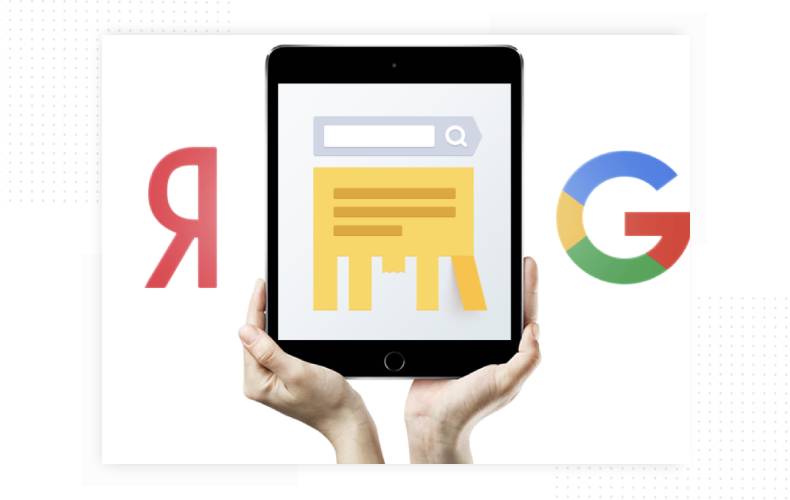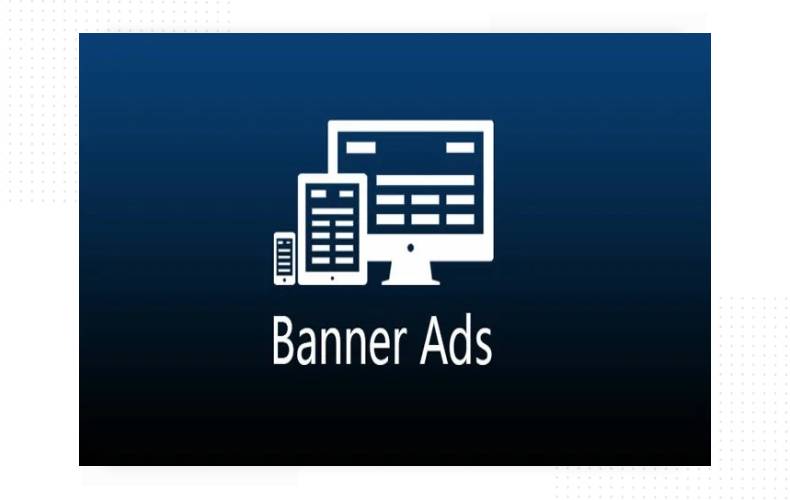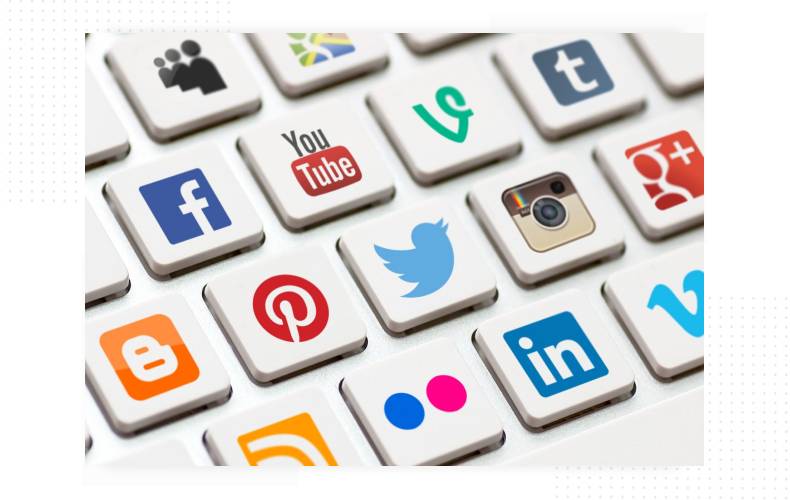Website promotion or branding is understood as improving the ranking of a web resource by search engines and increasing its awareness among users on the Internet. The choice, customization and implementation of advertising campaigns have a significant impact on the promotion. But which method of website promotion should you choose? You will get the answer to this question from experienced internet marketers who will first conduct an audit of your business, website and formulate a strategy. Without this, it is impossible to choose the right effective marketing tool for the promotion and branding of the site. And what these are - read on.
.jpg)
SEO (search engine optimization) is a way to increase search engine rankings and attract targeted traffic from search results.
SEO website promotion services are an effective way if you are aiming to get your site in the top of search engine results. Website promotion using the search engine optimization method can be divided into two large sections, such as internal and external optimization.
Internal website optimization
It is a key way to promote the site and means the implementation of a set of works aimed at changing the code and content of the site pages based on the requirements of search engines. Internal website optimization services include:
In addition to all of the above, behavioral ranking factors are taken into account during the internal optimization of the site.
External optimization
In a broad sense, promotion by external site optimization means working on placing links of the promoted resource on other web sources. What does this mean in practice?
From the point of view of search engines, each indexed site has a certain authority, and if Internet resource A (donor site) posts a link to Internet resource B (acceptor site) on its site, then it automatically transfers part of its authority (weight) to source B.
External SEO optimization of a website can become a powerful tool if you know the answers to the following questions:
How often should you add links?
What parameters should be considered when choosing a donor site?
What to do with outbound links (links leading from the promoted site)?
Should you buy paid links? (not worth it)
Where can you get powerful and natural links?

Website promotion with contextual advertising is the display of advertisements to Internet users above the search results and on thematic portals in accordance with their requests.
The essence of website promotion with the help of contextual advertising means placing short paid ads practically on the entire Internet space. The largest search engines in the world, Google and Yandex, have fairly large partner networks where your advertising can be placed. Here it is worth considering the fact that often novice Internet businessmen place their ad anywhere, thereby simply losing their budget for non-targeted traffic. Only a professional setting of contextual advertising can give you the desired result.
Pros
The ad is seen only by your potential buyers (if configured correctly);
The amount is deducted only if the user clicks on the ad;
The ability to customize for a specific geolocation (country, city);
Placement of ads on search results;
Fast traffic acquisition;
Possibility of adjusting the budget depending on the need;
Work with a large number of keywords.
Cons
Getting traffic to the site depends on the budget of the advertising campaign;
Negative attitude towards paid advertising among some of the audience;
Clicks of traffic by competitors (5-10%) are possible.

Banner advertising
is a dynamic or static picture, contains graphic and text advertising information, and is placed in the most visible parts of Internet resources. It is completely clickable, therefore it provides an increase in conversion on the site.
Banner (display advertising) not only provides a link to the site, but can also inform potential users about the arrival of new goods and services. When ordering display ads, they are most often placed on sites with high traffic (visits). Along with this, it is worth considering the related interests of the site on which the banner with the advertisement itself is placed in order to get commercial traffic to the web resource.
Advantages:
rapid growth of awareness and brand;
large audience flow;
getting a lot of traffic in a short time;
Possibility to adjust the banner while in online mode.
Flaws:
high cost of display advertising;
negative user reaction to banner ads (quickly get bored).

SMM (social media marketing) is the popularization of a brand, goods and services within the framework of social media. Thanks to quick feedback, you can find out the opinion of buyers regarding the properties and quality of the products you offer.
Most often, for the method of SMM website promotion, such tools are used as: publications, banners, targeting, advertising posts and much more. This seemingly simple method gives a lot of positive effects, such as:
Target audience portrait. When company representatives communicate with the target audience on social networks, you can find out a lot of information: which users are following you, who is most actively interacting with the content. By analyzing such factors, you can better understand your target audience and make timely adjustments to the posted ads.
Reach audience. The more a company posts its content to social media, the faster brand awareness occurs.
User engagement. User engagement means an increase in likes, reposts, and click-throughs. It is very important to monitor the level of engagement, as analyzing this indicator, you can increase your brand awareness and referrals to your Internet resource.
Employer brand image. Many companies use social media to build their company's brand image.
Transitions to the site. One of the most important points when promoting a website on social networks. Through SMM, potential customers are attracted to the main sites, where leads are collected, email addresses are registered, goods and services are sold, and conversions are tracked.
Advertising articles about the company are posted on popular blogs. When promoting a site through forums, a specialist communicates with other members of the forum about the activities of your company and unobtrusively mentions the promoted portal from time to time - indicates the name, adds links.
Advantages:
Increasing the level of loyalty of the target audience
Ability to deal with negative reviews online
Strengthening positive feedback through active communication
Building natural link mass
Increase in positive recommendations for your Internet resource
Still have questions on the topic? Contact the Studio Webmaster specialists and get a free qualified consultation. If you are interested in high-quality website promotion and branding, we will help you choose the best marketing tool.
Leaders in the IT market |
| 14+ years of experience and innovative solutions to help your business stand out and grow. |
Inspiring portfolio |
| 150+ successful projects: from sleek landing pages to complex corporate systems. |
Team of experts |
| 51+ professionals who bring your ideas to life with maximum efficiency. |

| NOTORIUM TRADEMARK AWARDS |
| Notorium Trophy 2017, Notorium Gold Medal 2018, Notorium Gold Medal 2019 |

| TRADE MARK OF THE YEAR |
| Gold Medal 2016, Gold Medal 2017, Gold Medal 2018, Gold Medal 2019 |

| THE BEST EMPLOYER OF THE YEAR |
| According to the annual Survey conducted by AXA Management Consulting - 2017, 2018, 2019 |